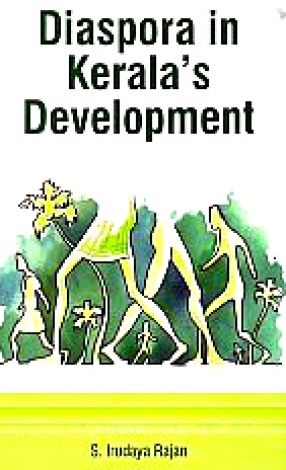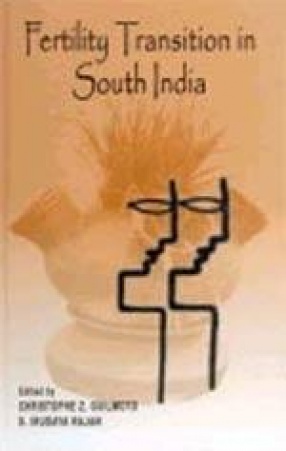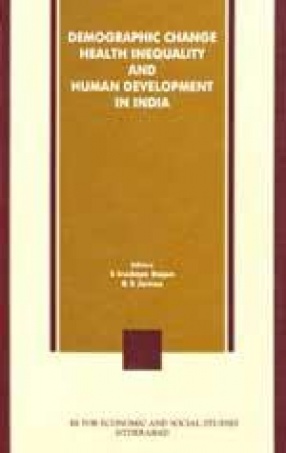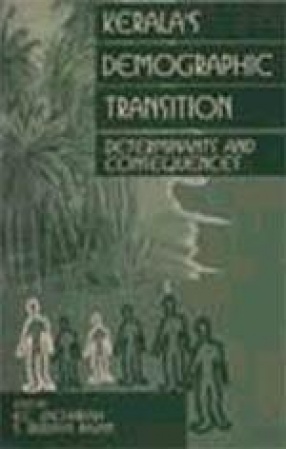Kerala's Demographic Transition : Determinants and Consequences
Synopsis
The state of Kerala has been the focus of considerable international attention for its success in several key areas of the social sector including literacy, education, health and family planning. An area in which Kerala has done remarkably well is in demographic transition--namely, changes in the birth and death rates and in the age structure of the population. At the same time, Kerala has a relatively poor record in industrial production and agricultural growth. This would appear to be an anomaly since the widely held belief is that declines in fertility and mortality rates are primarily a consequence of high economic growth rates. The purpose of this volume is to understand the reasons why Kerala was able to achieve its demographic transition even in the absence of corresponding buoyancy in the economic sectors in order to draw lessons for both other Indian states and other developing nations. Among the aspects discussed by the contributors are the nature of this transition; the role played by education, age at marriage and the use of contraceptives; the causes and consequences of population ageing; the impact of both internal and external migration; and possible future patterns of population growth and age structure and their socioeconomic implications.
Read more
25.65
23.085
$
27.00 $
Free delivery Wolrdwidе in 10-18 days
Ships in 2-4 days from New Delhi
Membership for 1 Year $35.00
Get it now and save 10%
Get it now and save 10%
BECOME A MEMBER
Books by the same authors
-

The Syrian Christians of Kerala: Demographic and Socio-Economic Transition in the Twentieth Century
-

Return Emigrants in Kerala: Welfare, Rehabilitation and Development
-

Diaspora in Kerala's Development
-

India's Elderly: Burden or Challenge
-

Mortality and Fertility Transition in Kerala: A Historical Investigation
-

Fertility Transition in South India
-

Demographic Change Health Inequality and Human Development in India







Bibliographic information
S. Irudaya Rajan